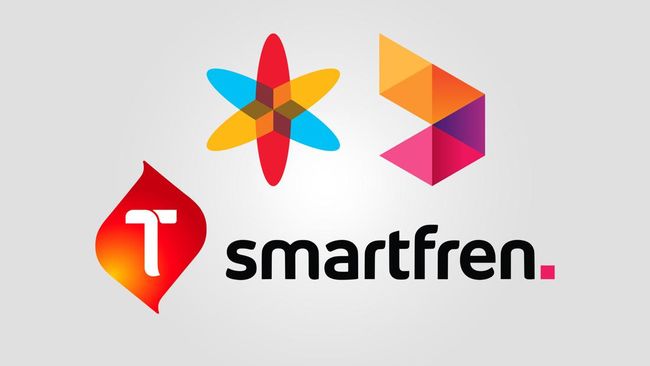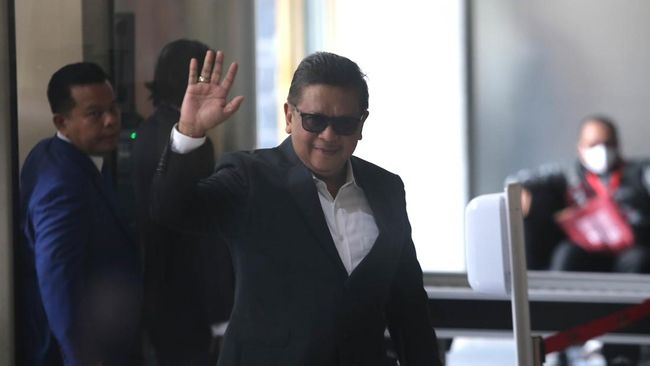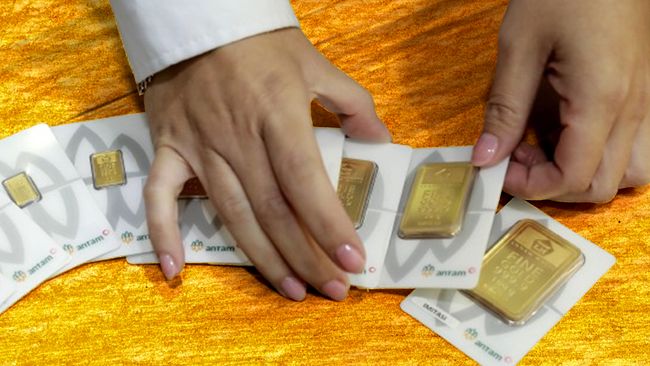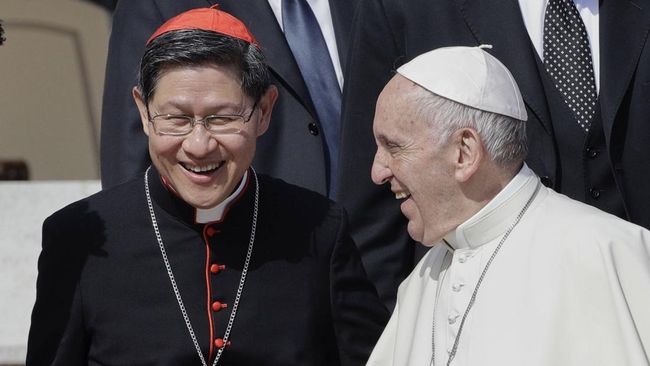
Ryan S. ClarkMay 12, 2025, 07:30 AM ET
- Ryan S. Clark is an NHL reporter for ESPN.
LAS VEGAS -- Jack Eichel is everything everywhere all at once for the Vegas Golden Knights.
You're going to see Eichel start games. You're going to see him score goals. You're going to see his work lead to goals for his teammates. You're going to see him score on the power play. Chances are -- and not as in Chance, the Golden Knights' mascot -- you already knew that.
But what you might not realize? You're also going to see him winning defensive zone faceoffs while playing a big role on the penalty kill. You're going to see him among the special group that Golden Knights coach Bruce Cassidy trusts to either get the lead or defend the lead in the final two minutes.
Eichel's status as a top-line center made him the centerpiece of possibly the biggest trade in the history of a franchise that has embodied the winning-at-all-costs philosophy. But Eichel's focus was on something more: becoming a complete center who can be sent out on the ice in any situation.
Getting there involved earning Cassidy's trust -- which meant arriving at a certain realization about his game.
"When I got here, we had Chandler Stephenson, who is a really good-way center. You have William Karlsson, who is a really good two-way center," Eichel said. "I looked around and said, 'If I want to get the ice time and be trusted in these situations, I have to earn the trust of the coach and become more detailed and responsible defensively.'"
For all the different moves that Golden Knights general manager Kelly McCrimmon has made to tweak his roster, there are constants. One of them is having a stack of two-way centers on all four lines, to the point that one of them might be moved to the wing because the Golden Knights have that much depth.
Not that Eichel couldn't be used in defensive situations earlier in his career. It's just that the No. 2 pick of the 2015 NHL draft was always known more for what he did in the offensive zone, going back to his time at Boston University, where he won the Hobey Baker Award in his lone season, and in six seasons with the Buffalo Sabres.
"I [penalty] killed a little bit when I was in Buffalo, and sometimes when you have a team that's not winning, you can be honed as a poor defensive forward or a defensive liability," Eichel said. "I also think just part of it is maturity. It's understanding what it takes to win, and coming here and having the opportunity to play in this system with this organization, and then allowing me to grow my game, and then having the opportunity to do that."
THERE WERE A NUMBER of terms that were associated with Eichel when he was a draft prospect in 2015: Future captain. Future All-Star. Future franchise savior.
Being the strongest penalty killer, however, wasn't one of them.
Eichel acknowledges he was on the penalty kill with the Sabres. It was enough to make him a contributor, but he never was the center anchoring a short-handed unit. The most short-handed minutes he received in a single season was 53:13 in his third season in Buffalo, according to Natural Stat Trick.
"It's about the details, but I think a lot of young players when they come into the league are a bit raw," Eichel explained. "They're still used to having the puck on their stick for so much time during the game and they rely on their offense. You have to find out ways to round your game off and become a more complete player."
Getting traded to Vegas in November 2021 was a significant shift. It took Eichel from a franchise that struggled to win -- despite finding lots of talented players -- to an organization for which "failure" was finishing that 2021-22 season with 94 points and missing the postseason by a single point -- after reaching the playoffs in four consecutive campaigns.
That playoff miss prompted the Golden Knights to move on from coach Peter DeBoer and hire Cassidy, who had just been let go by the Boston Bruins. In Cassidy, the Golden Knights got an experienced coach whose defensive philosophies were at the core of why the Bruins reached the playoffs in six straight seasons.
"It did take time," Karlsson said about learning Cassidy's system. "We weren't used to it. But once we learn it, you react with your instincts. You don't have to think about it anymore because it's a really good system. He usually has the center in a really good position, but also a really good position to transition into the offensive zone. But there are a lot of defensive details."
Eichel made an impact in his first full season with Vegas in 2022-23. He led the Golden Knights with 66 points, and his 27 goals were second on the team. Eichel also led the club with 223 shots on goal, while scoring 14 power-play points.
The way McCrimmon constructed the Golden Knights meant that for Eichel to attain more ice time in those crucial situations, he needed to find room in a crowded landscape. The Knights had Karlsson and Stephenson. And they also had Ivan Barbashev, Brett Howden, Nicolas Roy, Reilly Smith and Mark Stone as part of the forward core. All of them logged more short-handed minutes than Eichel when they won the Stanley Cup in 2023.
Still, Eichel would be second on the team in 5-on-5 minutes during the playoffs behind Jonathan Marchessault, while finishing with six goals and 26 points in 22 games.
How did Eichel go about letting Cassidy know that he could be trusted in those situations? It wasn't through anything he said. It was about using every practice and every game to prove he was ready to handle those demands.
"If I'm put in a situation and I don't produce a result that is positive for the group? Then, I'm not going to have opportunities," Eichel said. "It's about gaining trust through good play, working with the coaches on the structure, what they are looking for and then being able to go out and execute it. I think that's been a big, big thing."
Even if he wasn't heavily used on the penalty kill with the Sabres, Eichel was still playing a lot. He averaged more than 19 minutes per game in every season in Buffalo, and had four straight seasons of more than 20 minutes per contest.
In his first season with Cassidy in 2022-23, Eichel averaged a career-low 18:46 of ice time per game in the regular season, and logged 18:59 per game in the playoffs en route to the Cup.
The investment Eichel made in becoming a more responsible player paved the way for his increased minutes in the seasons that followed. There was also an opportunity for someone to take those short-handed minutes, because Smith was traded to the Pittsburgh Penguins following the Cup win in 2023.
Eichel would finish 2023-24 with a career-high 20:31 in ice time per game in 2023-24, and 123:48 in short-handed ice time, which was second among all Vegas centers behind Karlsson. He was also second in total power-play ice time, and seventh in total 5-on-5 ice time on the team -- mainly due to missing 19 games.
"We've always had good centers. I think we definitely took a crazy step forward when we added Jack," said Stone, a two-time Selke Trophy finalist as the game's best two-way forward. "You go from having three guys to four guys, maybe five guys, even. Last year, he kind of took over and this year he took over for Stephenson."
LOSING MARCHESSAULT AND STEPHENSON to free agency -- in an offseason in which they saw six players from their 2023 Stanley Cup-winning team depart -- meant the Golden Knights needed to find solutions to make up for those departures.
Eichel provided the Golden Knights with the best season of his career. His 66 assists and 94 points were both career highs. Some point out that Eichel could have had his first 100-point campaign if not for missing five games.
Then there's his usage. Eichel led all Golden Knights forwards in average ice time (a career high of 20:32 per game), 5-on-5 ice time and power-play minutes. As for short-handed minutes? Eichel led all forwards in that too, by a margin of 35 minutes more than Howden. He was second in defensive zone faceoffs taken.
There was also an underlying theme of limiting mistakes. Vegas finished the regular season with the second-fewest penalty minutes in the NHL. And yes, Eichel was at the heart of that too, as he had only eight penalty minutes.
"It helps when you have the puck a lot," Stone said. "He's good in the D-zone, but he has the puck on his stick more than he doesn't. He plays the D-zone quick, but when you're that good of a player, the other team is thinking about not making mistakes."
Karlsson explained how Cassidy's system can be physically demanding for anyone playing down the middle. He said there are the natural expectations that come with playing center in today's NHL. But one of the reasons why the Golden Knights place such an emphasis on conditioning and strength training is so their centers are prepared to play those longer shifts in the event they can't get off the ice.
Stone added that Cassidy's structure means centers are doing "a lot of skating," while the wingers are expected to deny the other team from getting shots from the point and being active in the top of the ice.
"He's been handling it well this year," Karlsson said. "He's in Year 3 now of Butch and his assistants. It's kind of natural to him now and he's good. He's good at picking up things like stripping a guy off the top as he's a big, strong guy. He reads the game well, so he's really turning into a 200-foot player."
During Cassidy's time with the Bruins, he worked with venerable two-way centers such as six-time Selke Trophy winner Patrice Bergeron and stalwart second-line pivot David Krejci. In discussing those two, Cassidy admitted that they "probably taught me more than I taught them."
But when it came to his conversations with Eichel, Cassidy said that he talked about what he saw from Bergeron and Krejci -- the value they saw and provided in efficient operations in the defensive zone.
Cassidy said he and his staff started seeing that investment in Eichel pay off during their championship season. He's since grown in those responsibilities as a two-way player who can now be used in every situation.
"That's on the player," Cassidy said. "They've got to decide if that's what they want to do because it's not easy to check. It's a mindset a lot of nights, and we've got to be going to work and he's done it. He's getting credit for it, and he should."

 5 hours ago
2
5 hours ago
2












































